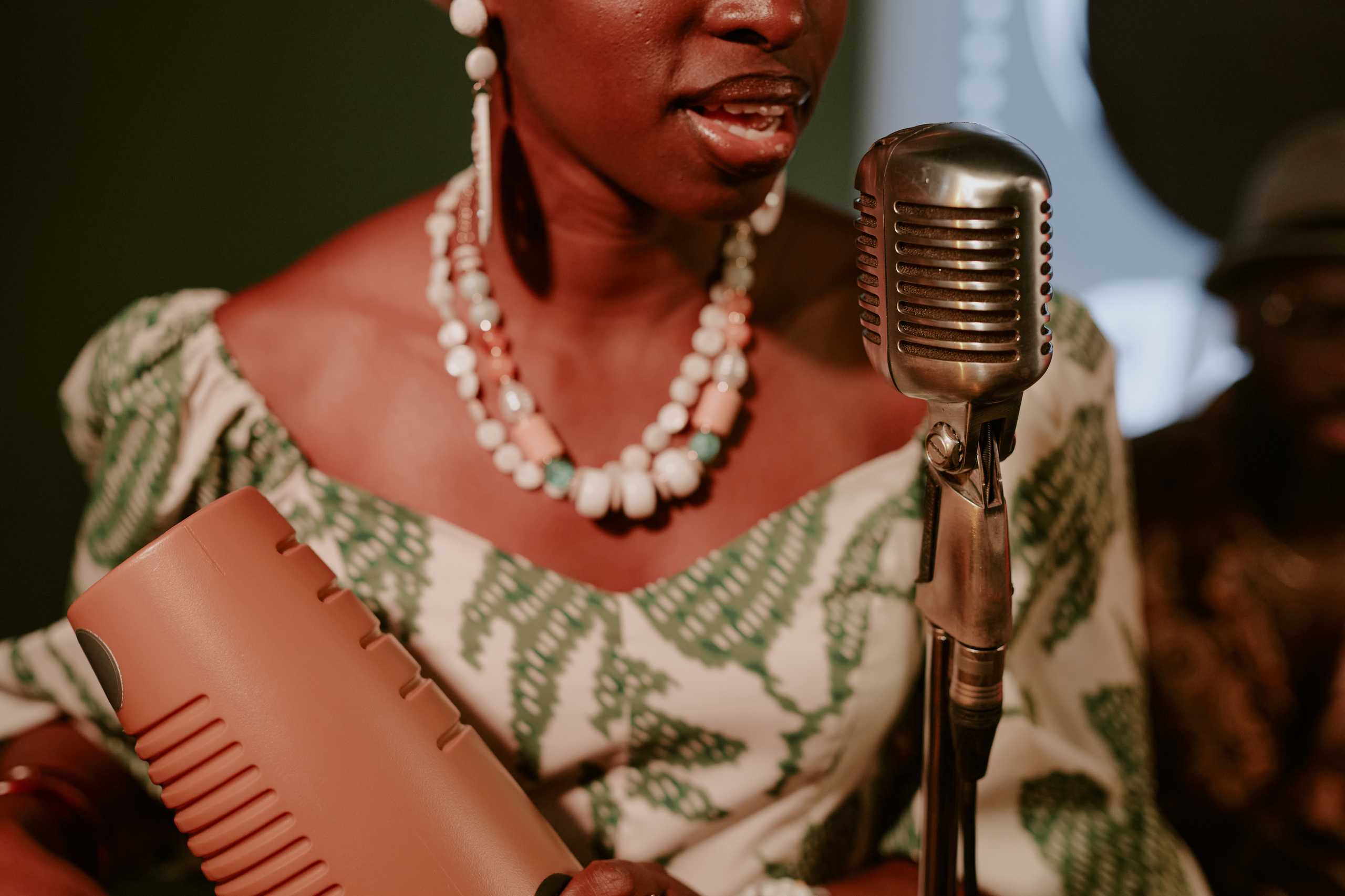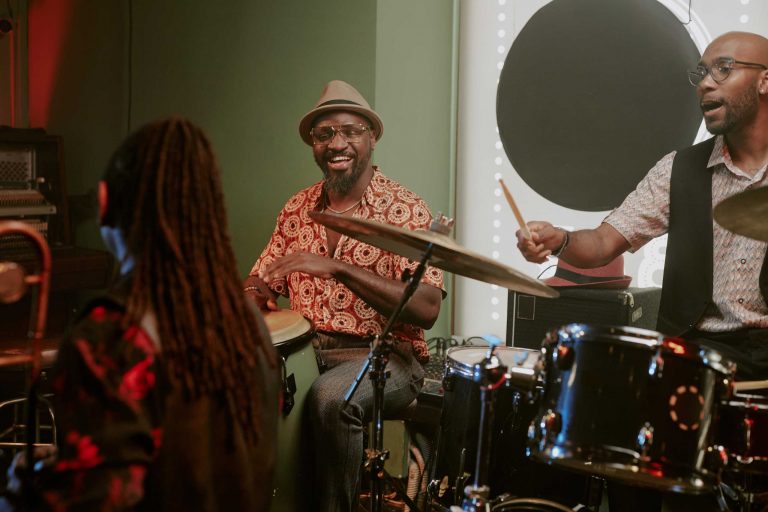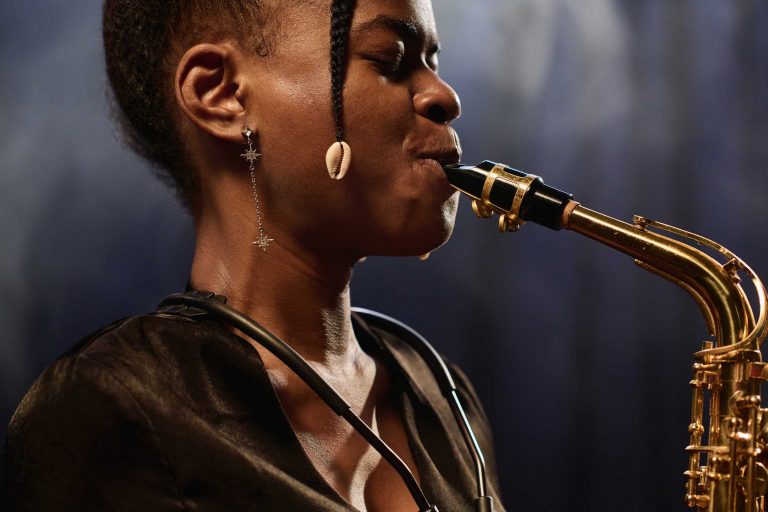What Makes a Jazz Voice Unique?
In a world of polished pop hooks and classical precision, the jazz voice stands apart. It doesn’t aim for perfection — it aims for expression. But what exactly makes a jazz voice unmistakable, unforgettable, and undeniably human?
Let’s explore the heart of jazz vocals, from tone to timing, from freedom to feeling.
1. It’s Not About the Notes — It’s About the Story
In jazz, the voice becomes a narrator, not just a melodic line. Each syllable can stretch, break, slide, or pause — not because the singer can, but because the story demands it.
Jazz vocalists often lean into spoken phrasing or unexpected hesitations, mirroring the intimacy of conversation. Billie Holiday’s phrasing often fell just behind the beat — a kind of breathy honesty that felt like a secret being whispered.
2. Imperfection Is the Point
Where classical and pop often chase clarity and pitch precision, jazz embraces the cracks and curves. A jazz voice isn’t always clean — it rasps, it breathes, it groans. And that’s its charm. That’s its soul.
This doesn’t mean lack of control — quite the opposite. The jazz vocalist knows how to break the rules with purpose.
3. Rhythm Lives Inside the Voice
Jazz is rooted in rhythm. The great singers don’t just sit on the beat — they play around it. They might come in early, drag a word late, skip a beat altogether.
This internal groove — the invisible metronome that lives in the chest — is part of what makes the jazz voice feel alive. And it’s what separates a good singer from a jazz singer.
4. Freedom Meets Intention
Improvisation is a cornerstone of jazz, and that includes vocals. Scat singing, melodic variations, vocal runs — all of these allow the jazz voice to respond to the moment, the musicians, and the energy in the room.
But this freedom is always balanced with deep listening. A jazz vocalist isn’t just soloing — they’re communicating, feeding off the band, and co-creating something unrepeatable.
5. Every Jazz Voice is Personal
Perhaps the most powerful thing about jazz vocals is how personal they are. There is no single “jazz sound” to imitate. No blueprint.
From the velvety melancholy of Chet Baker to the explosive playfulness of Ella Fitzgerald, every jazz singer finds their own way through a song. At Jazzoral, that’s what we help our students do: not copy, but craft. Not mimic, but find.
A jazz voice doesn’t ask for perfection.
It asks for truth.
And when that truth comes through — even just for a moment — it moves people. Deeply.




